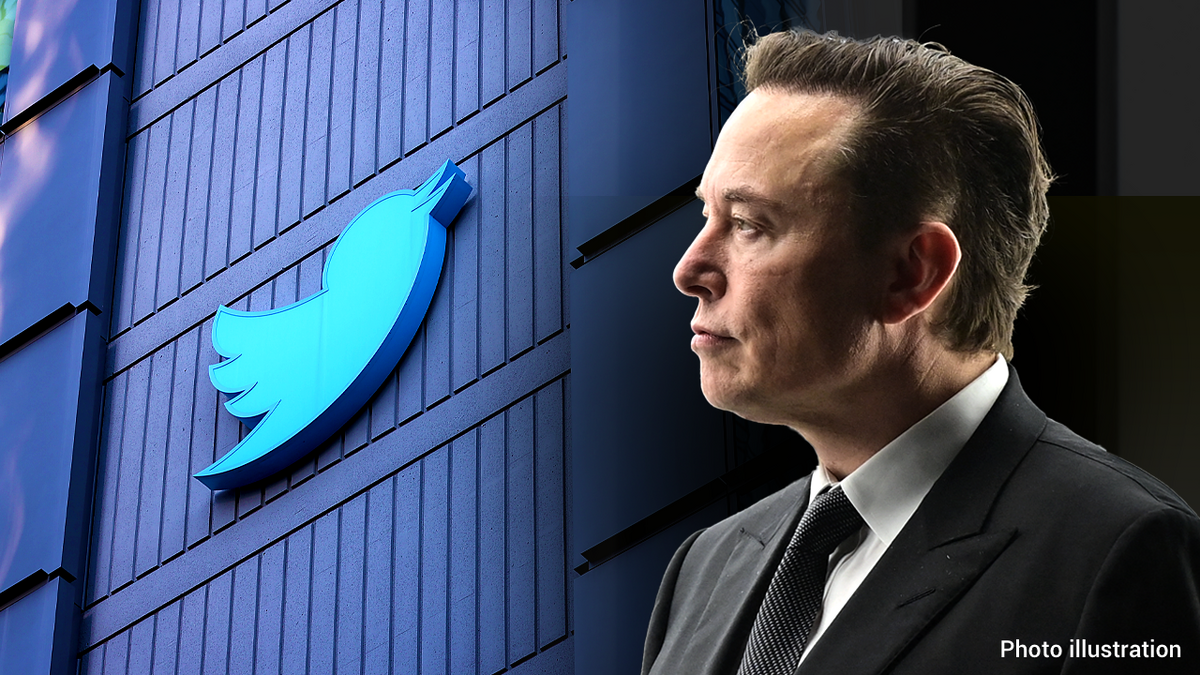According to the United States Securities and Exchange Commission (SEC), Tesla CEO Elon Musk must still receive pre-approval from attorneys before tweeting material relevant to Tesla.
The Securities and Exchange Commission (SEC) has reaffirmed its position by writing a letter to the United States Court of Appeals for the Second Circuit in New York this week. In the letter, the SEC argues that an earlier settlement agreement between the organization and Musk is valid and fully subject to judicial review.
Musk tweeted in 2018 that he had "financing secured" to take Tesla private for $420 per share and that investor support had been verified for the transaction. In the following days, there was considerable volatility in the price of Tesla shares, which led to an inquiry by the SEC into whether or not Musk had engaged in fraudulent activity involving securities.
Musk and Tesla settled without admitting any wrongdoing. They both paid penalties totaling $20 million, Elon Musk resigned as chairman of Tesla, and Musk agreed to have a lawyer review most of his Tesla-related communications before he tweets. He did this not to say anything that might impact the company's stock price.
Also Read: Microsoft Acquires Activision Blizzard For $68.7 billion
Musk Petitions To Overthrow Rule
In September 2022, Musk's legal team submitted a brief to an appeals court, arguing that their client was subject to a "government-imposed muzzle" that "inhibits and chills" Mr. Musk's constitutional speech. This occurred one month after a federal court denied Musk's attempt to eliminate the identical clause in the SEC settlement.
This past week, Musk's legal team claimed that the appeal should consider a recent jury judgment handed down in a separate trial. In a class action case filed by shareholders who made a loss after Musk tweeted "funding secured," the shareholders sued the CEO for damages. At the beginning of February, it was determined that Musk was not responsible for securities fraud in the litigation.
"The SEC needs backup for the compliance decree and its court claims," Spiro says. "This is because the jury found that Mr. Musk's tweets did not infringe Rule 10b-5." "The judgment gives the additional reason why the public benefit in avoiding unlawful settlements readily outweighs the putative interests that the SEC has in the consent decree."
If they discover a new legal authority that is directly connected with the problem that is being appealed and has the possibility of influencing the outcome of the case, attorneys are permitted to submit additional authorities to an appeals court after they have filed a brief and before the court making a decision regarding the case.
SEC’s Response
The Securities and Exchange Commission (SEC) responded to Spiro's claim by stating that a jury finding in a private securities-fraud lawsuit does not meet the criteria of a "pertinent and substantial" authority. It was also the agency's position that Musk "waived his ability to challenge the Commission's claims at trial when he willingly consented (twice) to a consent judgment," which means that he gave up the right to do so.
The agency contended that the ruling does not address the public interest engaged in the negotiated settlement and that it does not restrict Musk from tweeting honestly about Tesla or other issues. The attorneys for the SEC also questioned the legal basis for reversing the settlement many years after it had been reached.
The judge may either agree to the contents of Spiro's letter or rule that it is invalid. It is anticipated that an oral argument for the appeal will be placed in the spring; however, a date has yet to be determined.
Featured image: Twitter
Subscribe to Whitepapers.online to learn about new updates and changes made by tech giants that affect health, marketing, business, and other fields. Also, if you like our content, please share on social media platforms like Facebook, WhatsApp, Twitter, and more.

